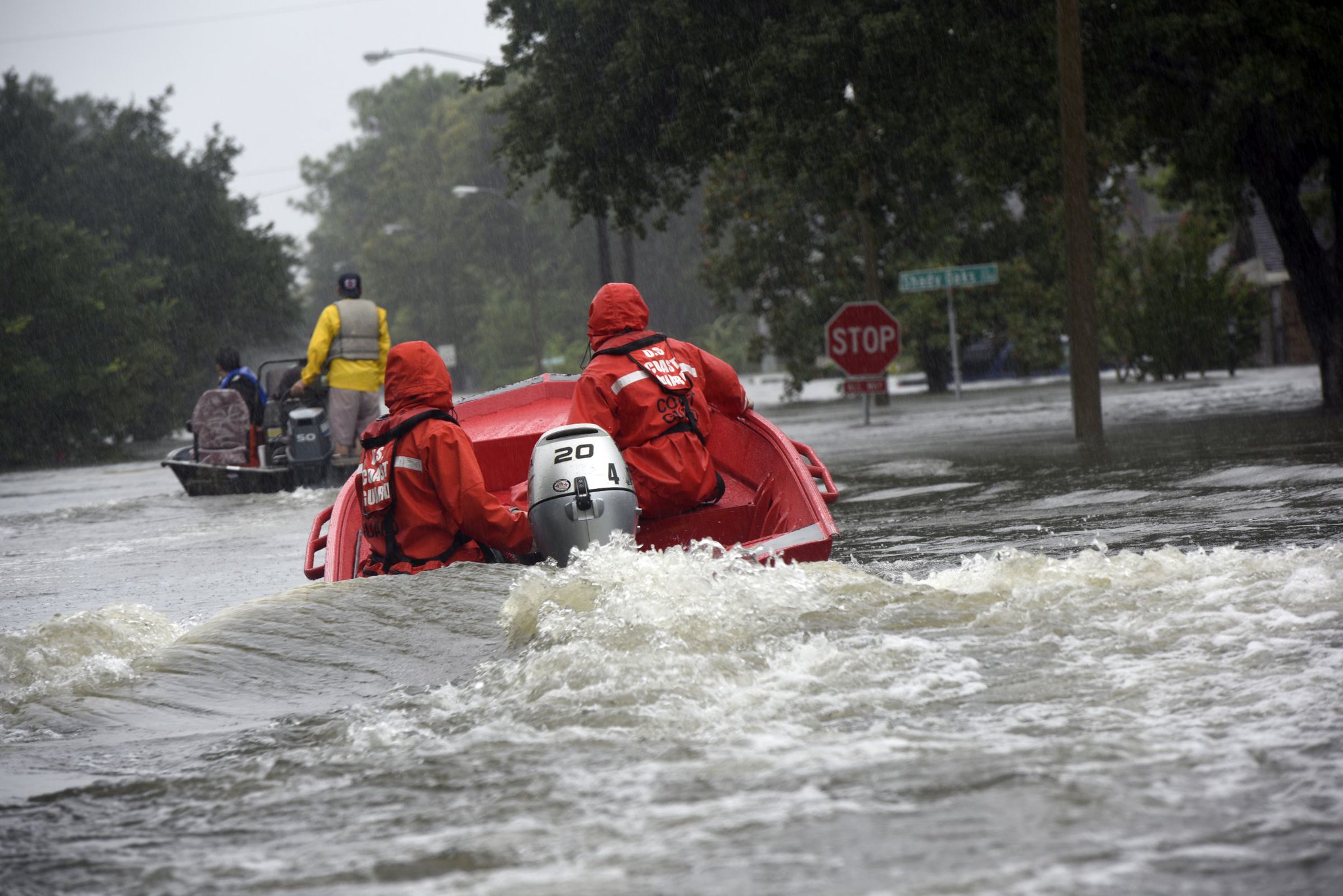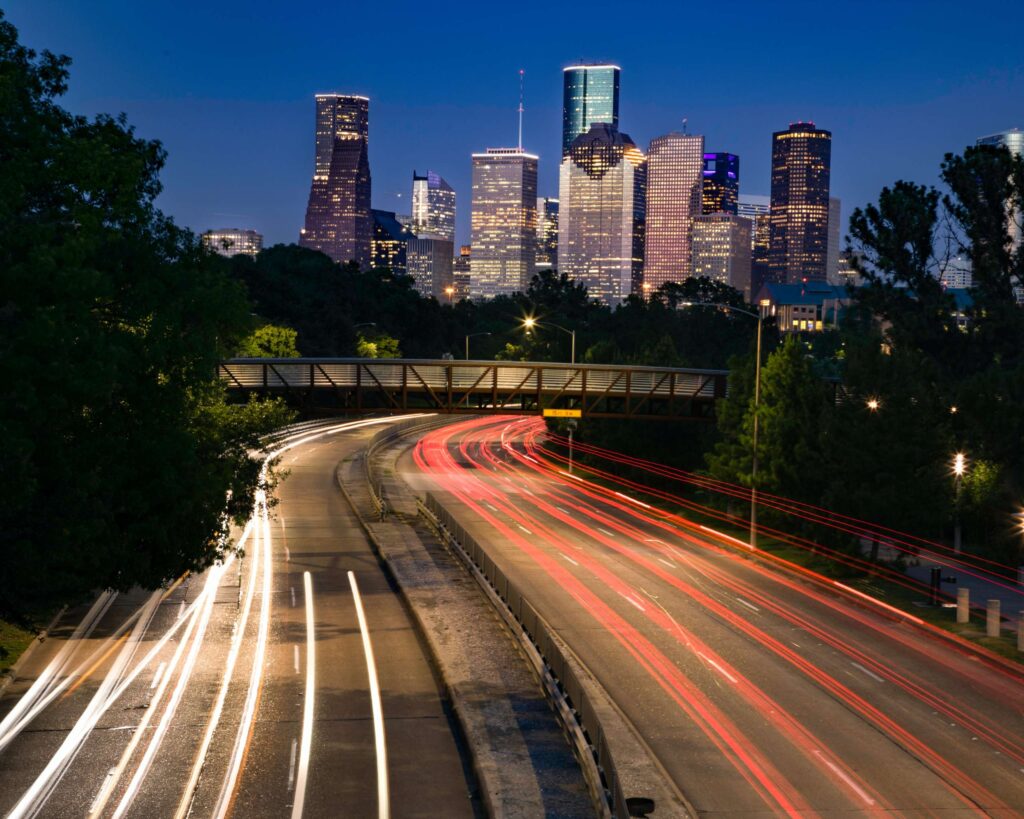Houston, Texas, self-branded as the city with “no limits” is an interesting case in terms of its urban planning and development. It is the largest city in the U.S. to have no zoning laws, part of a laissez-faire approach to urban planning which may have contributed to the catastrophic aftermath of Hurricane Harvey and left thousands of residents jeopardized.
In simpler terms, urban growth that is for the most part unchecked, including in flood-prone areas, has weakened the land’s already-finite natural ability to absorb water, according to environmentalists and experts in land use and natural disasters. On top of this, the city’s drainage system, which includes a network of reservoirs, bayous and, as a last resort, roads that hold and drain water — was not designed to manage the influx of extreme weather that is increasingly common.

Jim Blackburn, the co-director of Rice University’s research centre on severe storm prediction and disaster evacuation has said:
“You would have seen widespread damage with Harvey no matter what, but I have no doubt it could have been substantially reduced,”
Over the years, Houston and Harris County officials have resisted demands for stricter building codes and regulations. Bids for large-scale flood-control projects envisioned in the wake of Hurricane Ike in 2008 fell through the cracks.
Instead of imposing restraints on what property owners can do with their own land, Houston has made an attempt to engineer a solution to drainage. The region depends on a relies on a system of bayous — slow-moving streams which run east into Galveston Bay — and concrete channels as the main drainage system. Streets and detention ponds are designed to carry and hold the overflow.

In previous public comments, the leaders of the Harris County Flood Control District had completely dismissed the notion that the city’s growth is responsible for mass flooding. They also have disputed the scientific assessments. Bill St. John, a retired civil engineer and former project manager for the district, said in an interview:
“There are people who would turn around and say there needed to be stronger rules and regulations. And in hindsight, it’s real easy to say that. But the rules and regulations were what they needed to be at the time. There was no scientific proof it needed to be stronger at the time, so it wasn’t.”
No matter what role climate change had on the hurricane, a major disaster was inevitable at some point. Not just from the rainfall or floods, but from the man-made vulnerabilities and choices which created them. Rather than pushing all the blame onto a natural disaster, we can make individual and collective resolutions to live in a hurricane zone without forcing a human-caused hurricane disaster.

“Houston is the Wild West of development, so any mention of regulation creates a hostile reaction from people who see that as an infringement on property rights and a deterrent to economic growth,”
Said Sam Brody, director of the Center for Texas Beaches and Shores at Texas A&M University.
“The stormwater system has never been designed for anything much stronger than a heavy afternoon thunderstorm.”
Only last year, the state’s high court dismissed a class-action lawsuit brought on by 400 Harris County homeowners who had suffered flood damages three times in five years — during Tropical Storm Frances in 1998, Tropical Storm Allison in 2001, and an unnamed storm in 2002.
The county argued in court that it had spent tens of millions of dollars on flood control and disputed the homeowners’ claim that developers had free rein. A majority of the court agreed, saying residents failed to directly link development in one part of the watershed with flooding in their particular homes.
Living in the midst of hurricanes is not only about design and planning. It is also about good quality public services and providing knowledge and opportunities to everyone, irrespective of their background. It is taking responsibility for disasters, not blaming the environment or the weather.


